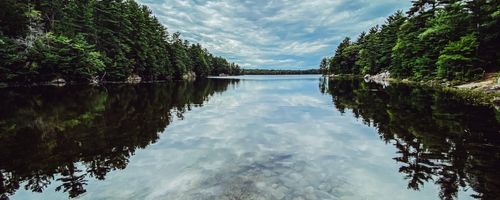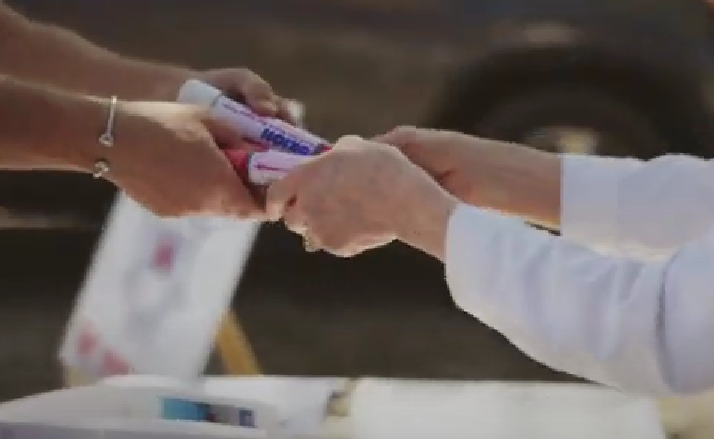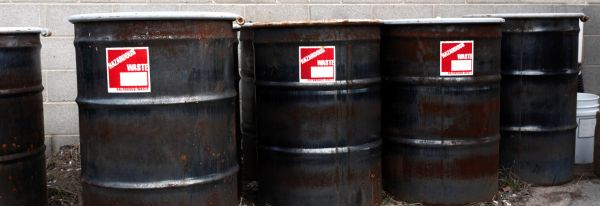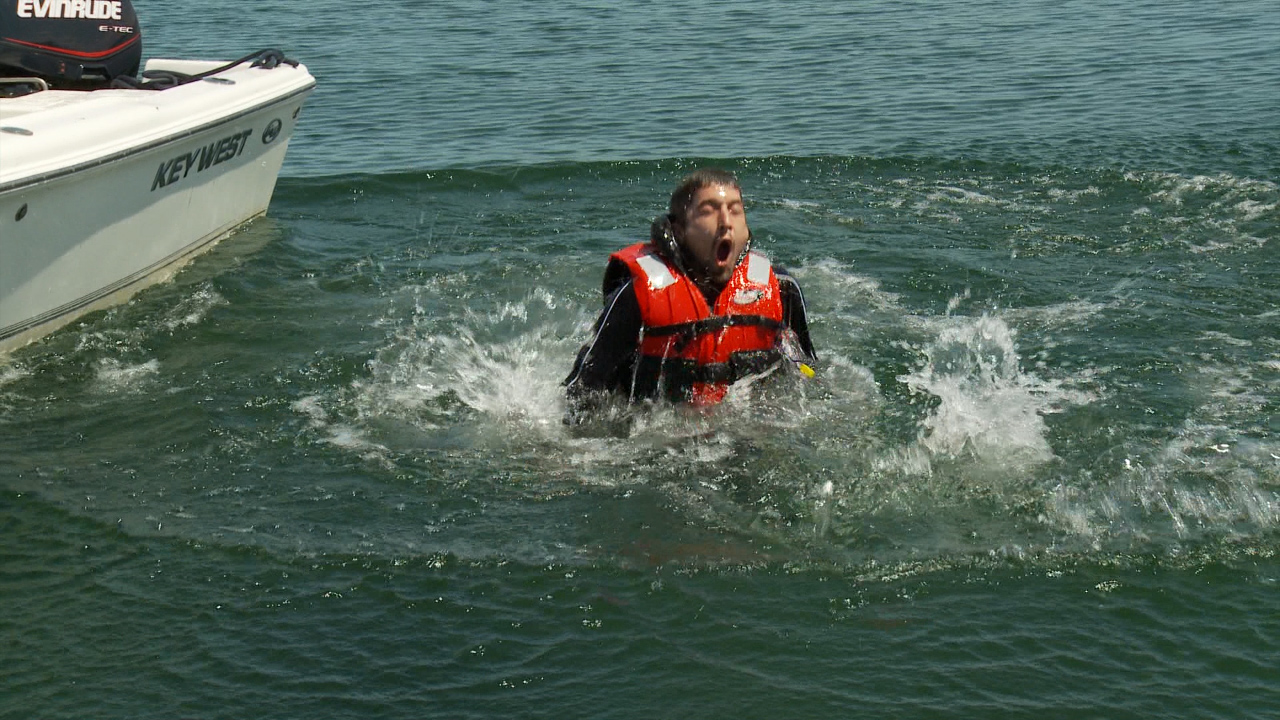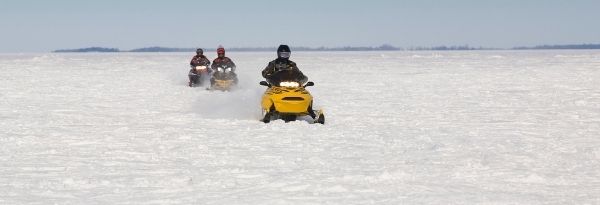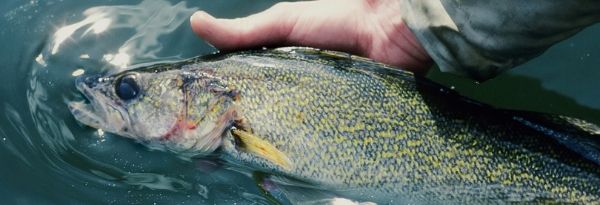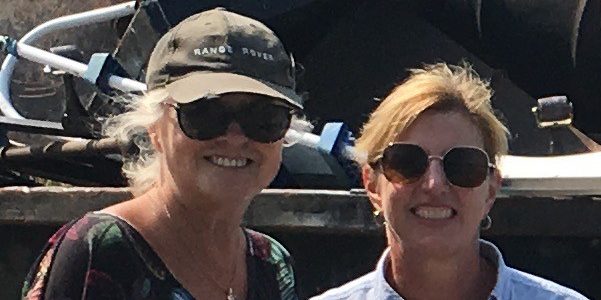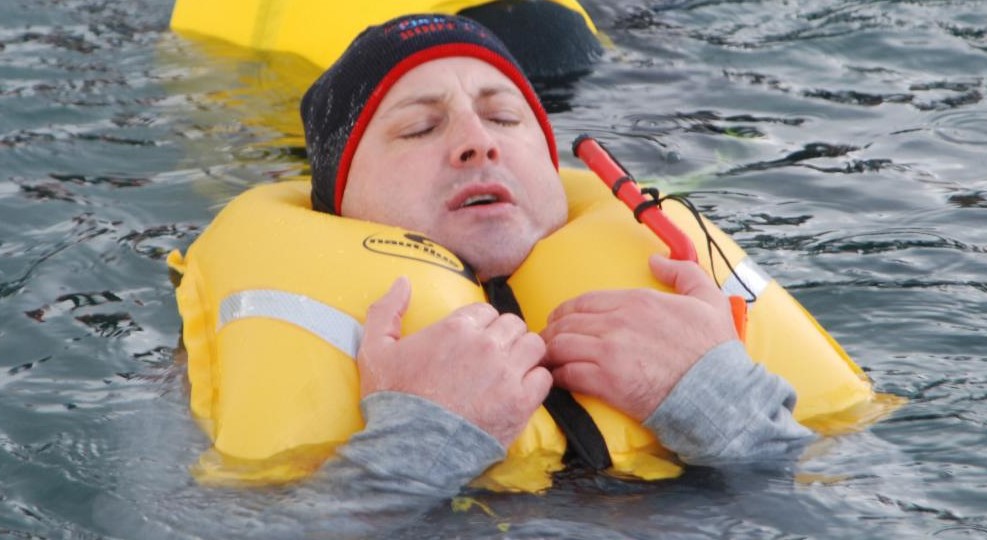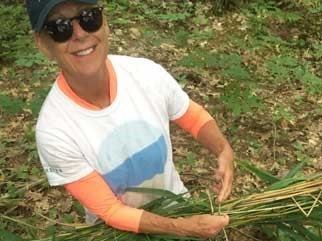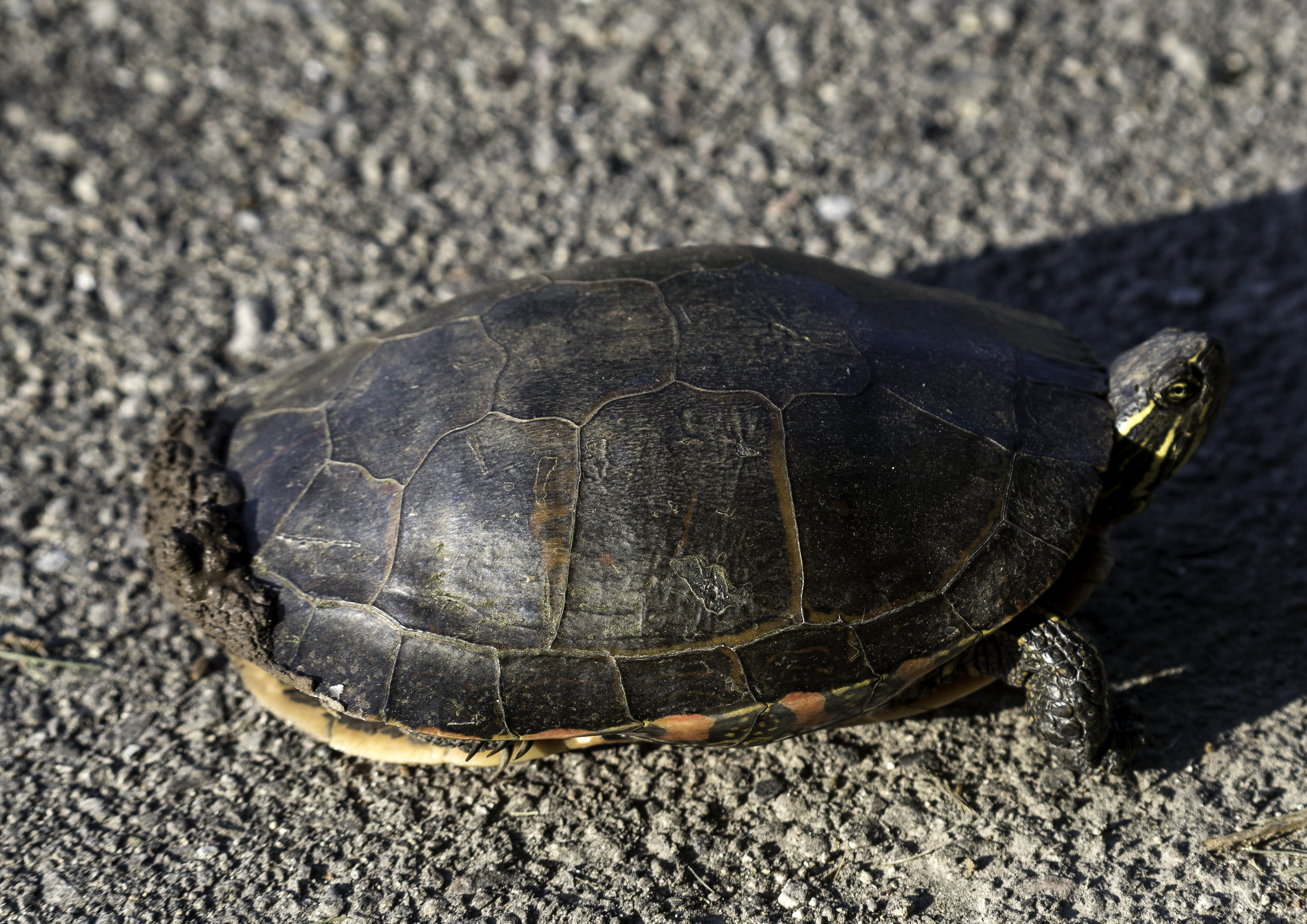-
About US
Explore About US
-
About GBA
Explore About GBA
- Our Purpose
- Our People
- Our Priorities
- Our Impact
- Honourary Life Members
- GBA 100th Anniversary
- FAQ’s
- Links
-
Membership
Explore Membership
- Membership Mandate & Focus
- Our Members & Map
- GBA Membership Benefits
- Individual Memberships
- GBA Services for Associations
Contact Us
- Boating & Safety
- Fisheries
- Lands & Forests
-
Water
Explore Water
-
Water Levels
Explore Water Levels
- ECCC Climate Change & Water Levels Study 2022
- H20 2021
- Water Levels Symposium 2020
- Action Plan 2030
-
Water Quality
Explore Water Quality
- Great Lakes Water Quality Agreement
- Ballast Water
- Cruise Ships in Georgian Bay
- Lake Partner Program
- Aquatic Invasive Species
-
Plastic Pollution
- Governments
-
Coastal Protection
Explore Coastal Protection
-
Planning Issues
Explore Planning Issues
- Major Developments
- Small Islands and Lots
- Private Mooring Buoys
- Blasting & Dredging
- Waste Management
-
Municipal Structure and Coastal Protection
Explore Municipal Structure and Coastal Protection
- Georgian Bay Vision 2050 Project
- Planning Guide
- Septic System: GBA Guide, Management and Inspection
- Municipal Planning Comparison
- Committee
Floating Homes
- News
-
Get Involved
Explore Get Involved
-
GB4 Guide
Explore GB4 Guide
- Georgian Bay Association (GBA)
- Georgian Bay Land Trust (GBLT)
- Georgian Bay Forever (GBF)
- Georgian Bay Biosphere (GBB)
-
Guardians of the Bay
Explore Guardians of the Bay
- Champion of the Bay Award
- GBA Member Association Videos
- Water Advocate from Wikwemikong
Contribute





